Girls Rock Camp Alliance: Raising the Next Generation of Activists
Last month, the Girls Rock Camp Alliance met in Norway with camps from throughout Europe to discuss music education, empowerment, and activism.
In music today, there’s a chorus of guitar heroes to choose from across the gender spectrum. Whether you’re craving the guitar-melting feedback of St. Vincent or the African highlife-influenced twang of Rachel Aggs (Shopping, Sacred Paws), there’s a never-ending roster of musicians (outside of the all-white boy bands) to look toward for musical inspiration—and one of the instrumental forces in pushing forward this change in popular culture has been the music education and empowerment of Girls Rock Camp.
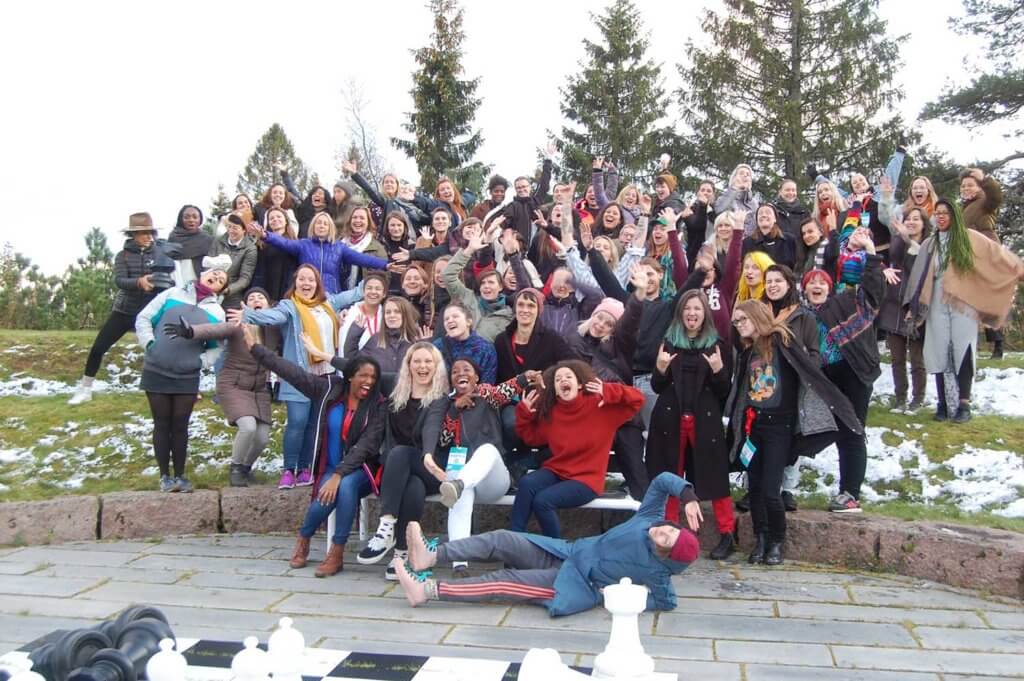
The program has taught women, girls, and trans and non-binary people how to start a band, believe in themselves, and kick ass since its nascent beginning 18 years ago. Girls Rock Camp has since grown to become a non-profit, volunteer-run, international movement of loosely connected—but independently organized—initiatives.
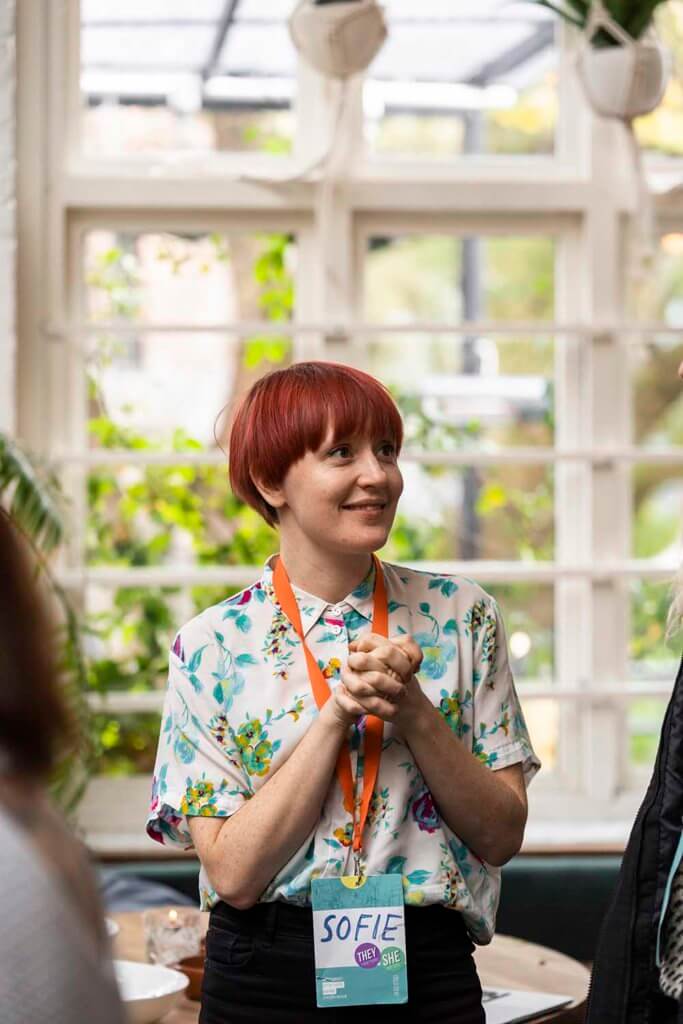
Girls Rock Camp Alliance (GRCA), an umbrella membership network of camps around the world, is made up of over 100 organizations from locations as diverse as Mozambique, Peru, and Serbia. While pumping out thousands of mini Carrie Brownsteins is still high up on the Girls Rock agenda, the changing political circumstances around the world have led to the humble camp becoming the training grounds for tomorrow’s activists—preparing campers to fight battles beyond nailing gnarly power chords and mastering the perfect drum roll.
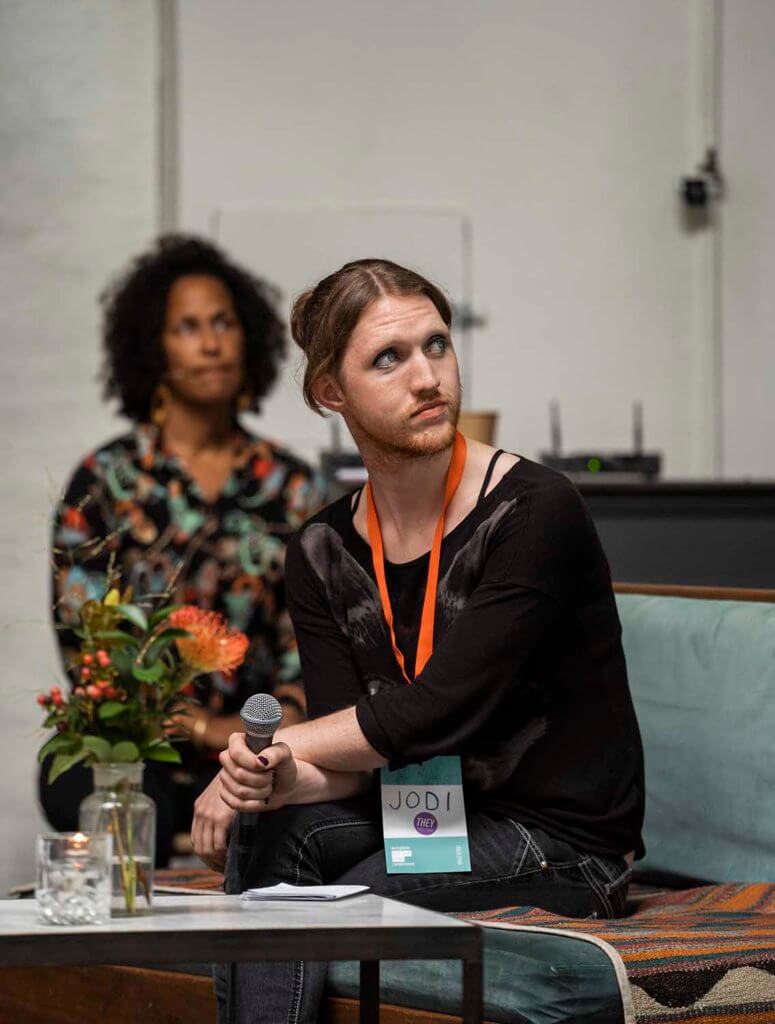
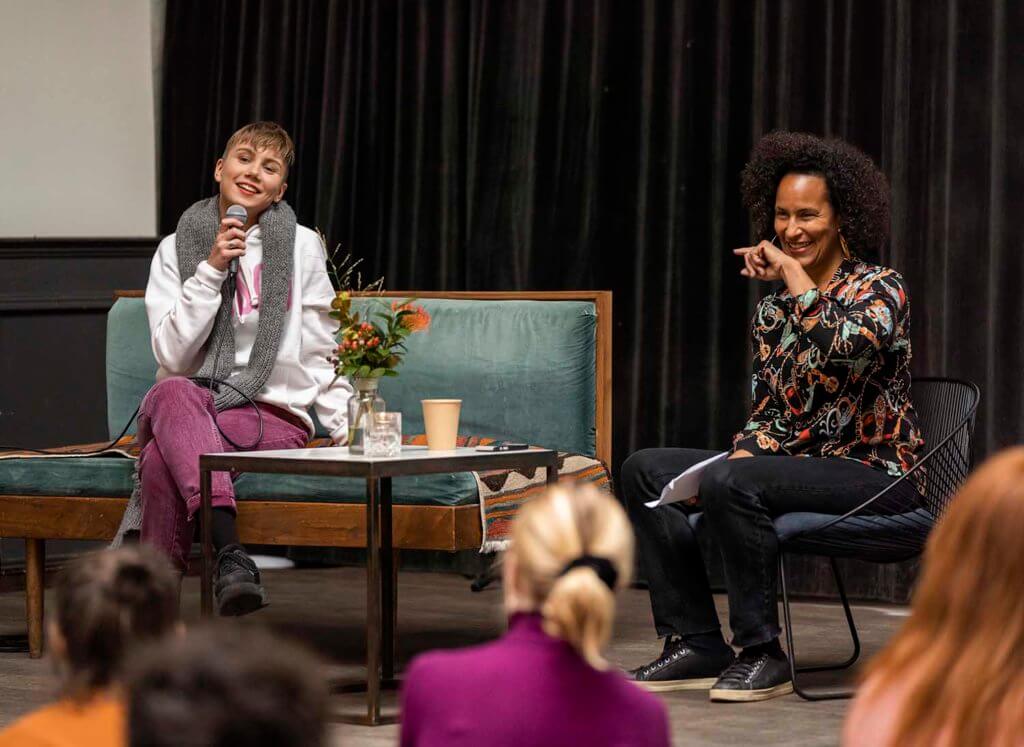
Since its first incarnation, Girls Rock Camp has always been a force for good. At one of the very first rock camp for girls, created by Misty McElroy in 2001, musicians and activists came together to volunteer, weaving feminist punk and left-leaning political values into the DNA of the camp. Today, the fierce politics of Girls Rock is still as relevant as ever. Board member of the GRCA and project manager of the Norwegian branch of Girls Rock Camps, Sofie Søndervik Sæther, summed up the movement: “It’s a project that is good for exposing, because it’s so positive. It has these elements of music, culture, and social justice, which are very easy to push.”
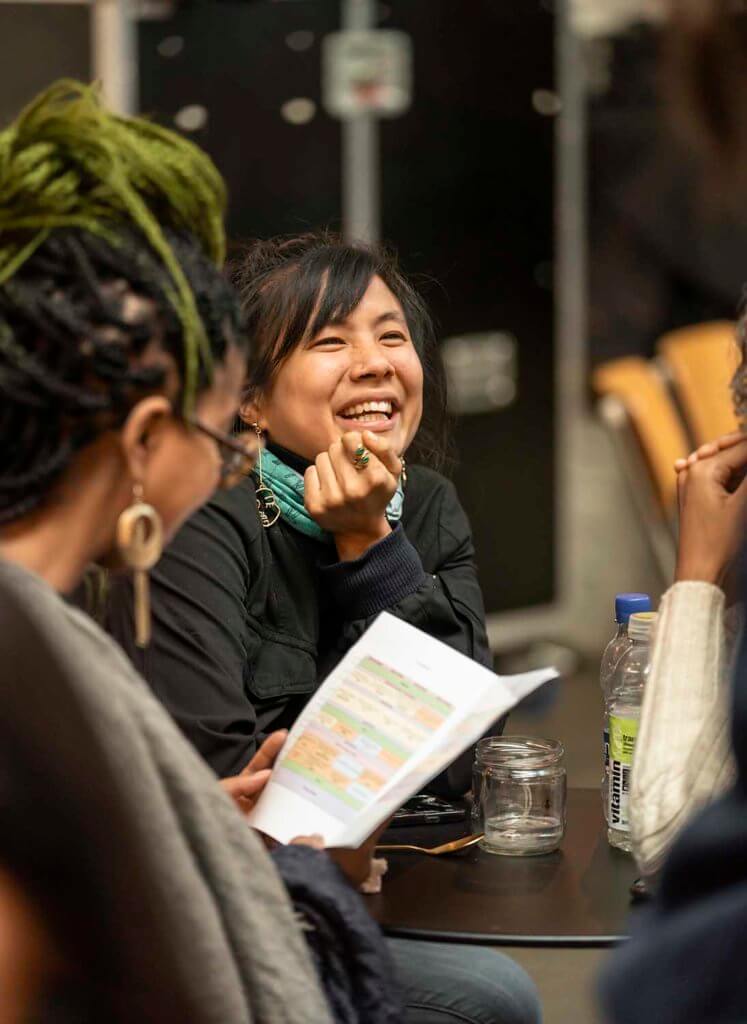
As well as being a hub for the disparate collection of camps that continue to spring up, GRCA also helps create new curriculum and facilitate the birth of new camps, and also holds annual conferences around the world. The latest conference happened in October and saw hundreds of European camp leaders gather in Oslo, Norway. Though social media has allowed volunteers to communicate, conferences give camp leaders a chance to skillshare and educate each other on global social justice, such as political unrest in Brazil or the fight for LGBTQ equality in Northern Ireland. “Whatever we teach each other in the conferences helps create new content and areas of focus in each camp,” Søndervik Sæther explains. “If you take that training, you take that new perspective and bring it back to your camp.”
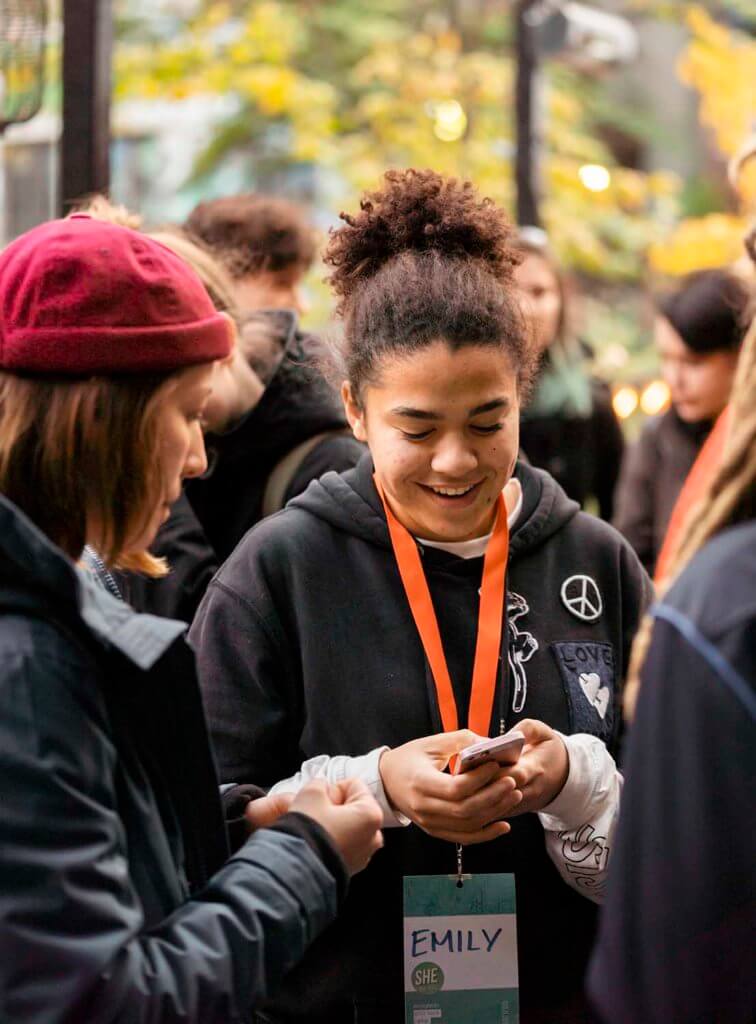
One of the volunteers who attended the GRCA conference is Alina Kula, co-organizer of Karioka Girls Rock Camp Beskidy in Poland. Prior to her direct involvement with Girls Rock, Kula ran workshops at Karioka GRC Beskidy with her organization, Foundation for Positive Changes, to support the empowerment of girls and women and prevent violence. In an unusual beginning compared to other camps, the Karioka Girls Rock started with a mission other than music: to tackle the social issues rife in the country. Alongside the curriculum staples of music education, camp attendees are also taught how to spot signs of domestic violence in a relationship, and are given self-defense classes to help protect themselves.
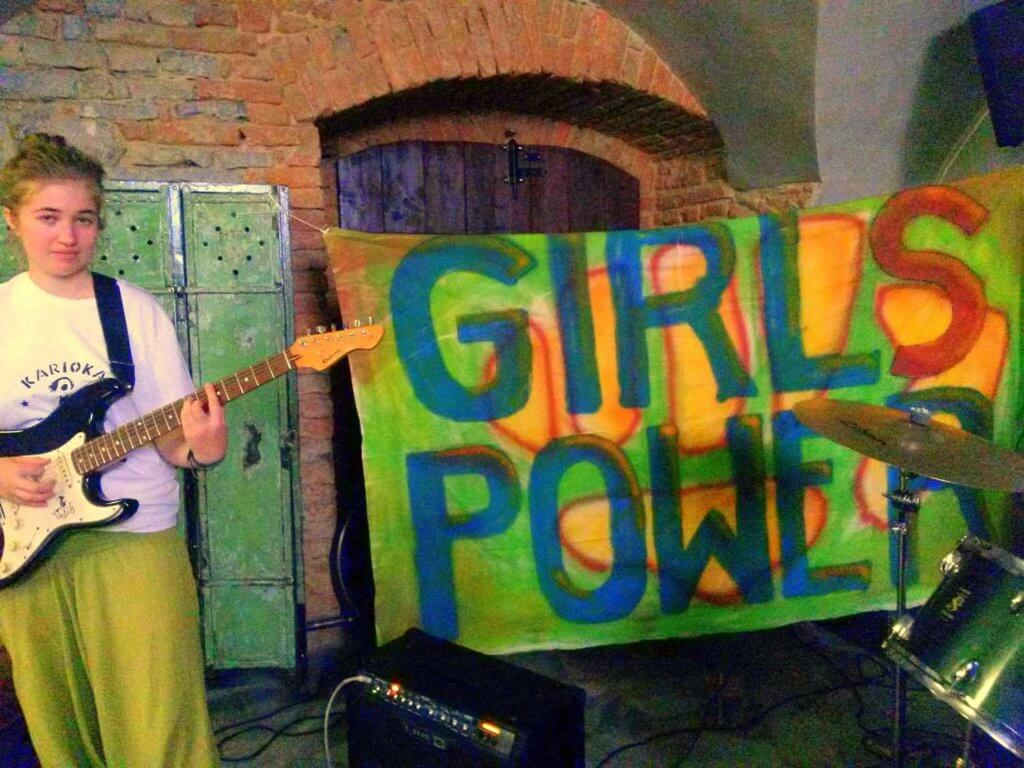
The need for classes like these are driven by the divisions within modern day Polish society. Historically a conservative country, Poland has also been governed by the right-wing, populist Law and Justice party (known locally by its Polish acronym PiS) since 2015. The election of PiS has led to a rise in anti-immigrant, anti-LGBTQ, and misogynist rhetoric. “Their actions directly affect girls and women,” says Kula. “In schools there are stereotypical social roles being promoted in textbooks: a woman should obey her husband, look after the house, and give birth to children.”
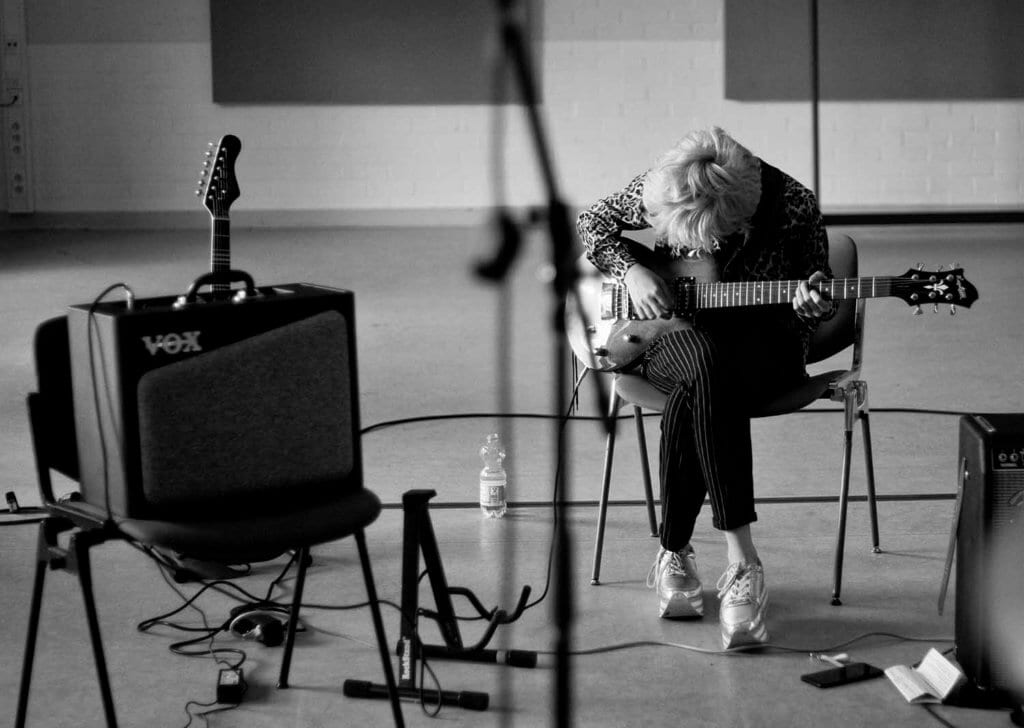
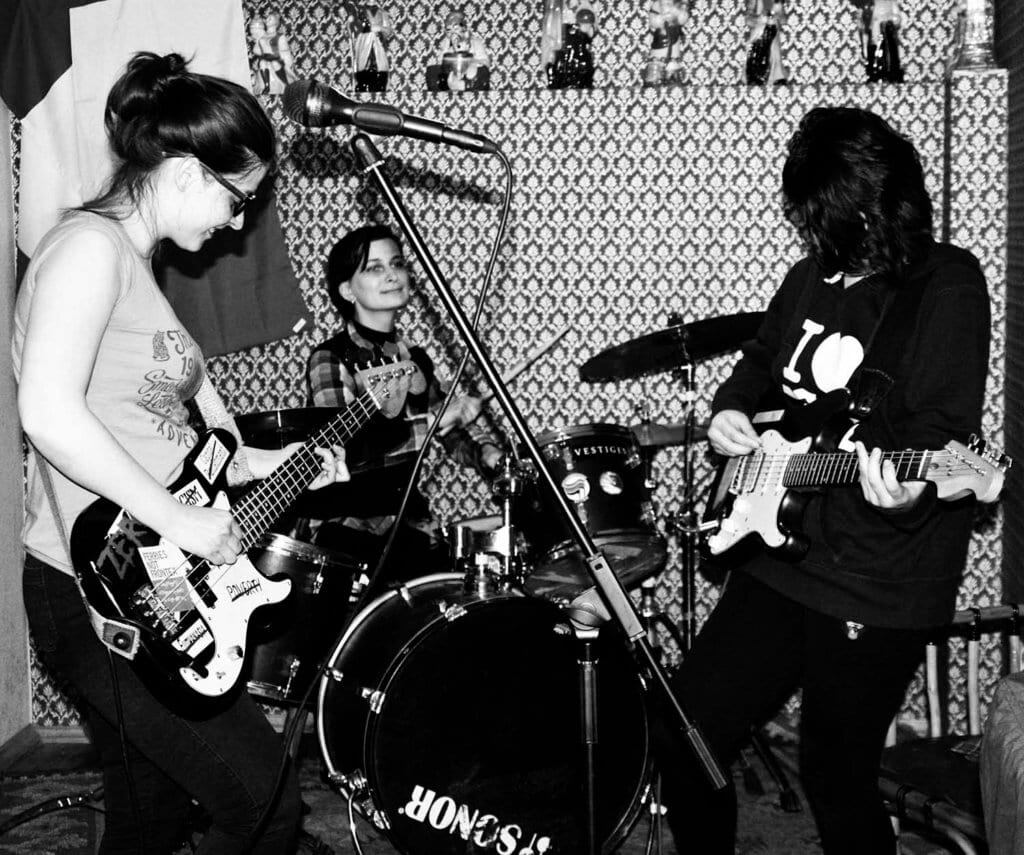
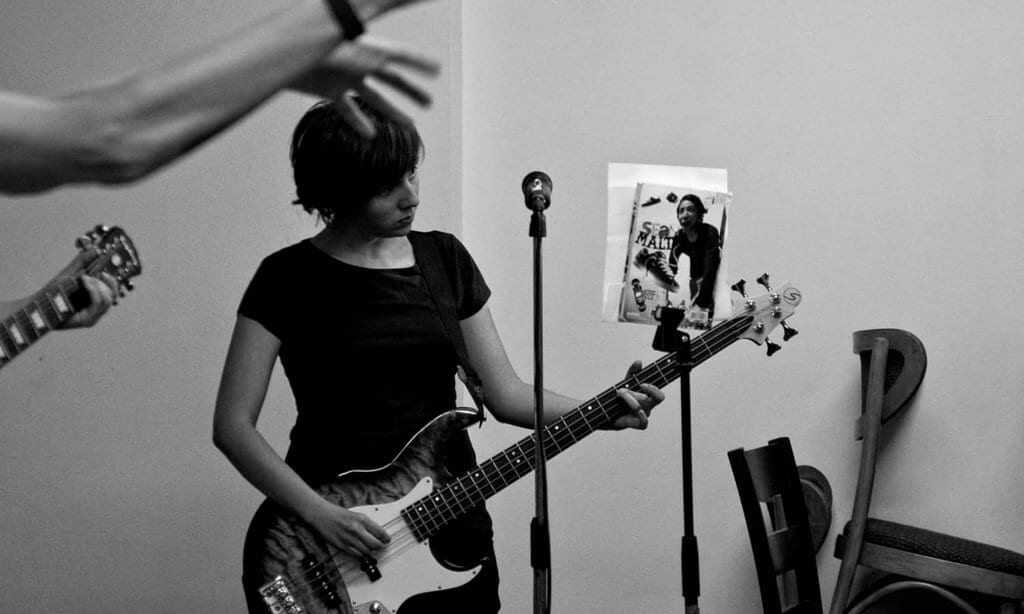
Karioka, along with other Girls Rock Camps, stands in direct opposition to the rise in hatred that has taken hold of many democracies, and many camps fear becoming a target of the aggressive followers of far-right governments. After the 2018 election of Jair Bolsonaro in Brazil (who has admitted to admiring dictators and openly spouts racist, misogynistic, and anti-LGBTQ statements), the founder of Girls Rock Camp Brasil, Flavia Biggs, feared his supporters would put an end to the camp. The Brazilian camp was held a few months after the election in January 2019 during turbulent times for the country. “We were afraid of doing it because we worried about someone going [to Girls Rock] and doing something, but nothing happened,” says Biggs. “We’re happy that nothing happened, but we are always worried about it, because these people that follow him are free on the streets now. We have to be careful and take care of ourselves and the people that we love.”
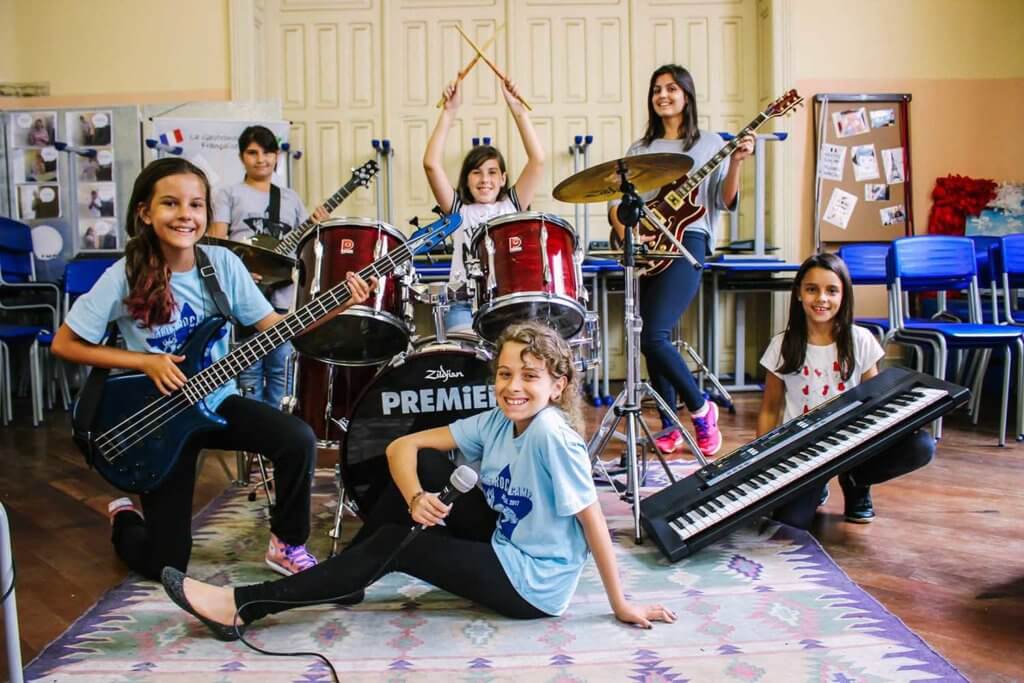
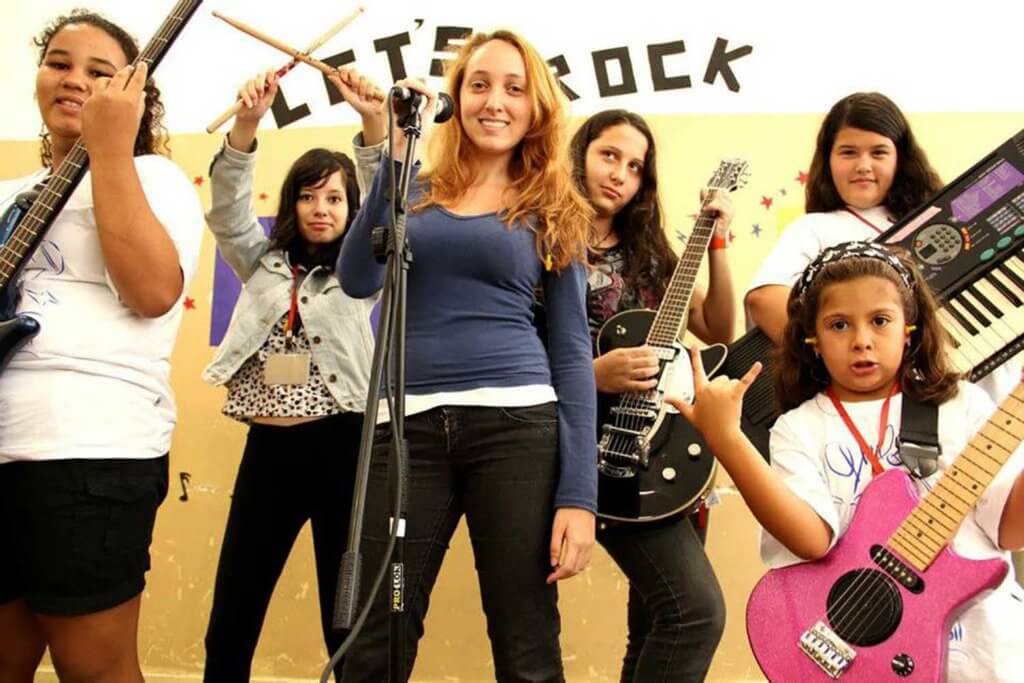
While no Bolsonaro bullies disrupted the camp, the influence of the far-right government needed to be tackled. Using the skills she learned in her role as a high school sociology teacher, Biggs created the workshop “Human Rights and Democracy” that tackled human rights and equipped campers with the tools to directly challenge human rights violations in Brazil. “It’s really important to use different strategies to talk to kids about how beautiful it is to have diversity and respect differences,” says Biggs. “Girls Rock Camp is not only about music—it’s about everything in society that helps these girls to have a better view of everything.”
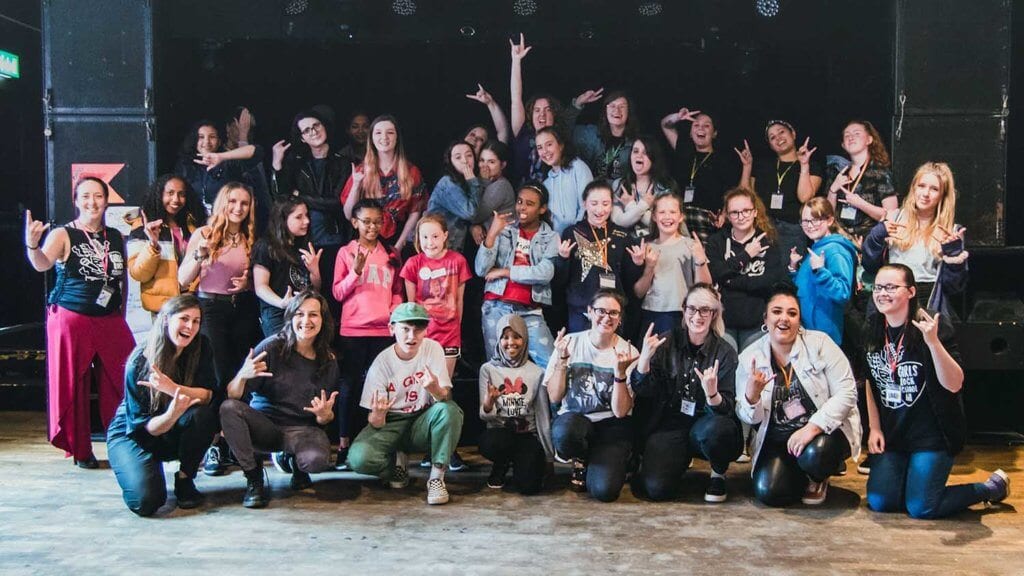
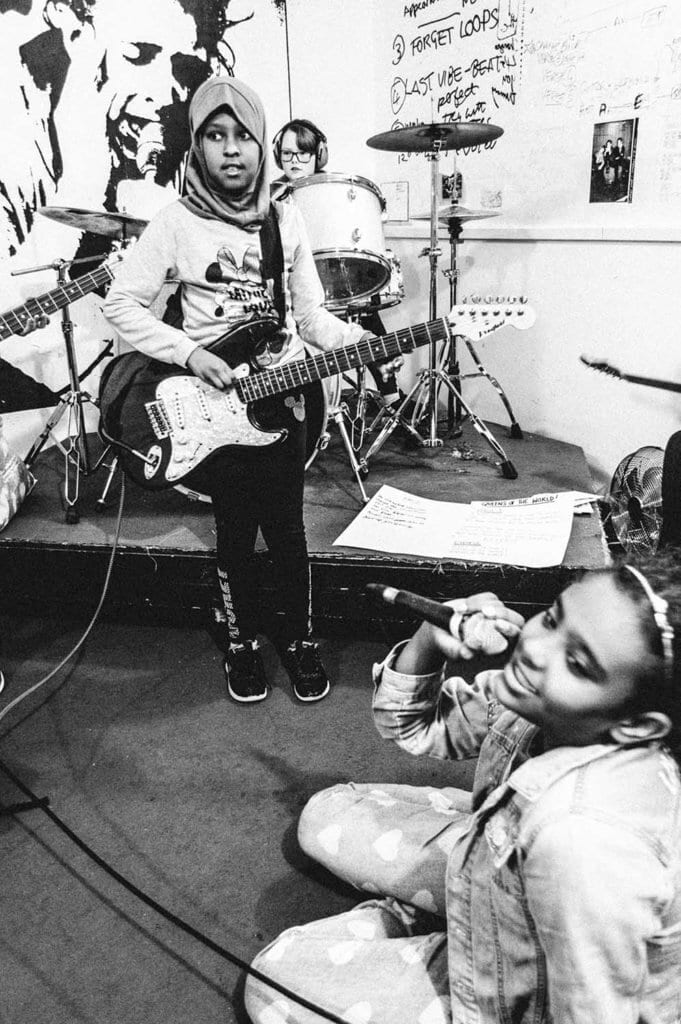
Similar workshops took place in Northern Ireland’s Girls Rock School, where groups spoke about compassion in the hopes of creating “a stronger, more confident, passionate respectful culture,” says founder Shannon Delores O’Neill. Northern Ireland is still reeling from the death of journalist and LGBT activist Lyra McKee, who was fatally shot by a New IRA gunman while reporting on a riot. She was considered a victim of the Troubles (a thirty year violent sectarian conflict between Protestant unionists who wanted to remain in the United Kingdom and Catholic nationalists who wanted a united Ireland), despite the passing of the Good Friday Agreement in 1998, written to bring an end to sectarian violence. When we spoke, O’Neill explained that the country was caught in the middle of a Brexit turf war, and campaigners were still fighting for marriage equality and legal abortion (following the publication of this article, historic changes in the law—a result of amendments put forward in Westminster by Labour MPs—have made abortion and same-sex marriage legal for the first time in Northern Ireland). In such tumultuous times, the fight for equality continues beyond the confines of the camp schedule. Inspired by the Rock For Choice concerts of the ‘90s, the Girls Rock School organized their own version, raising over £600 for pro-choice charities.
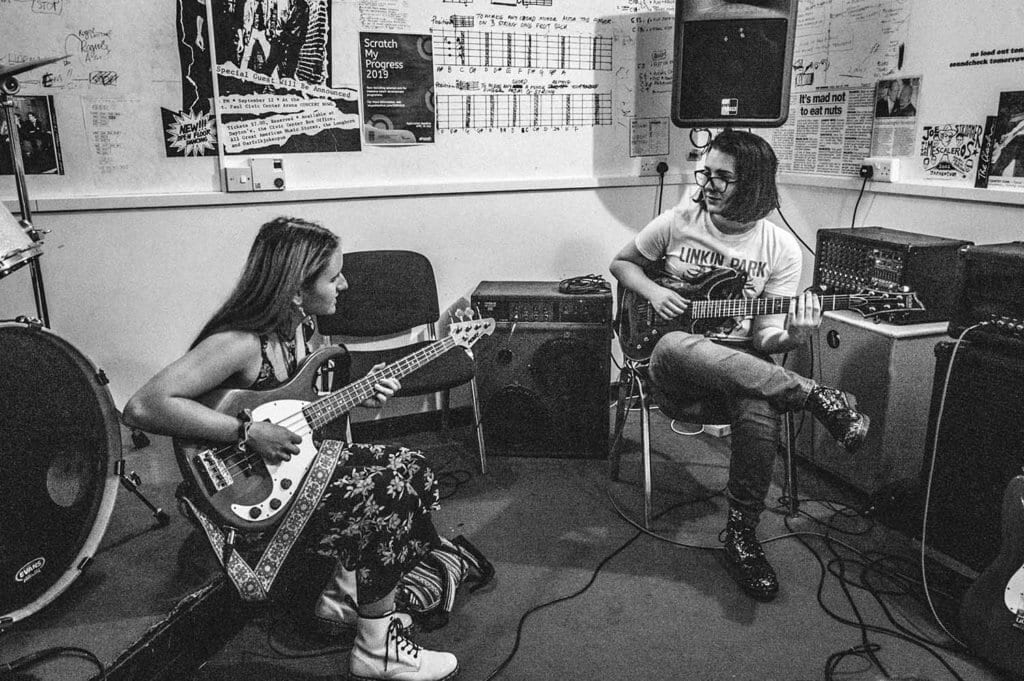
Girls Rock Camp’s most powerful impact has always been on the self-esteem of the attendees, who often transform from shy wallflowers into confident and self-aware young adolescents. “We had a trans kid and her parents said that it was the first time in three years that her daughter went somewhere without her and came out every day with a smile on her face,” says O’Neill. “So it’s really great to hear feedback like that.”
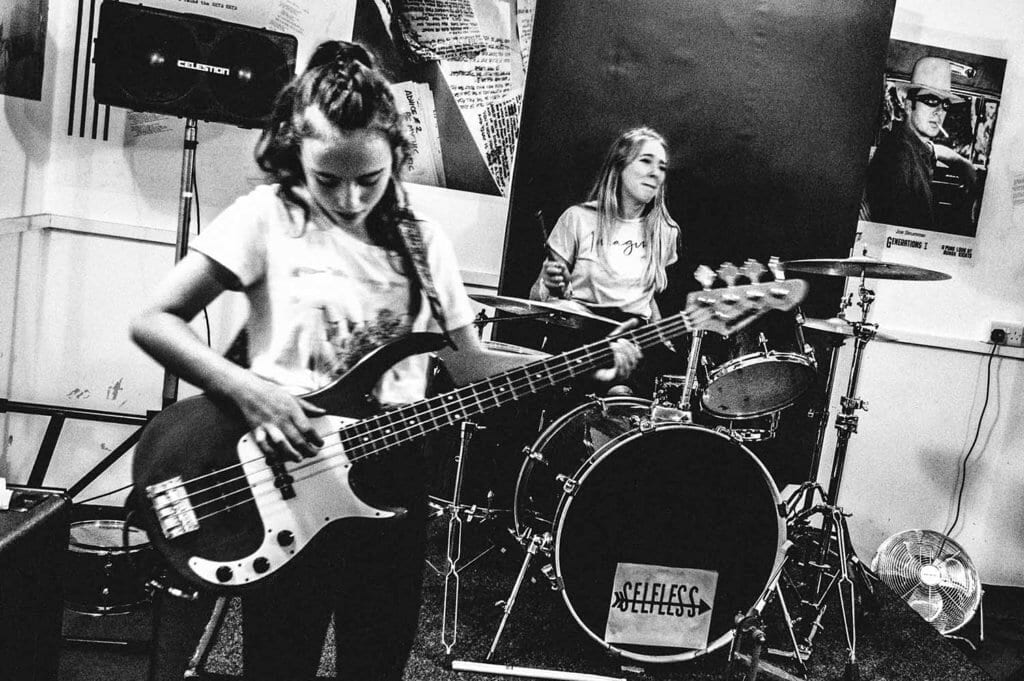
The lasting impact on their young attendees explains why the Girls Rock movement doesn’t seem to be slowing down anytime soon. “Just in the last six months we’ve received at least 10 emails from people saying that they have just started or are working to start a camp,” says Søndervik Sæther. Representatives from both potential and established Girls Rock Camps in Russia, Belarus, and Moldova were at the GRCA conference, and the potential camps were supported by veteran members and offered the chance to shadow at a camp in another country.
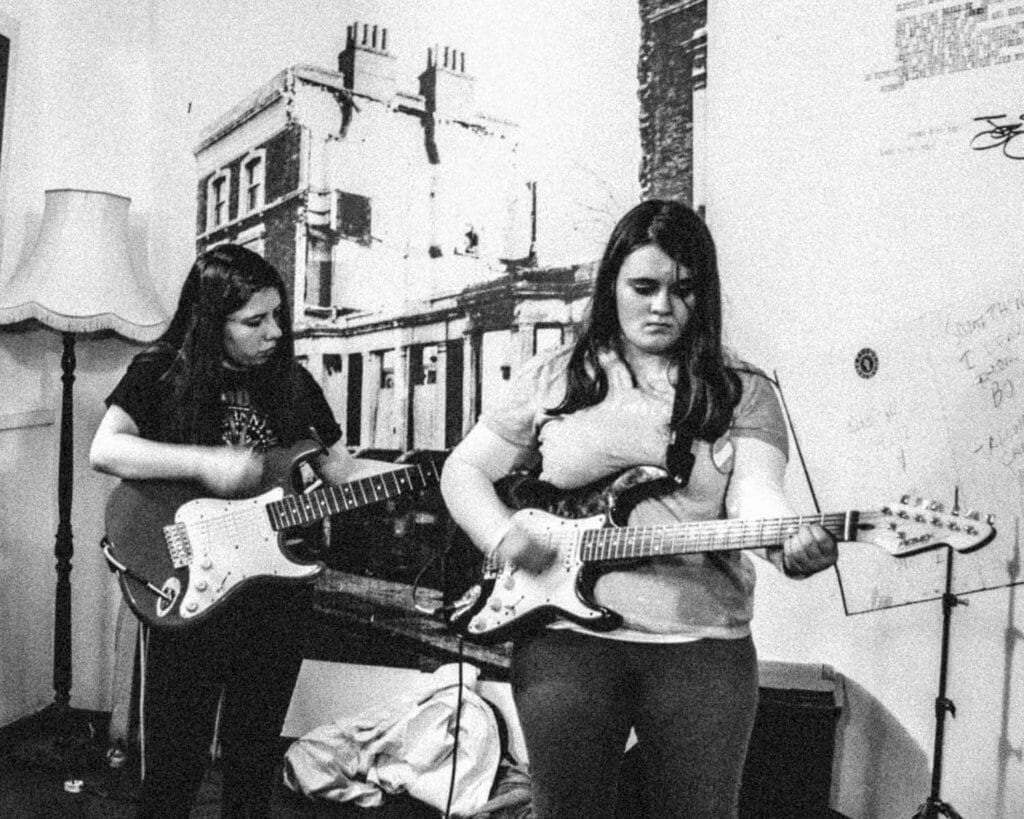
Throughout GRCA, the most notable trait in everyone I’ve spoken with is their dedication to the cause, and the need to create a world where young girls and queer youth are able to avoid that rocky, desolate stretch of adolescence. This work is all done with the hope that young people can become confident enough to take on a world that often doesn’t root in their favor. For O’Neill, it’s the hands-on nature of the movement that continues to keep her engaged: “People just need to do more. People love talking about all these issues but not enough actively go out and make the change. With Girls Rock, we do that. I love the movement. It’s the best thing.”
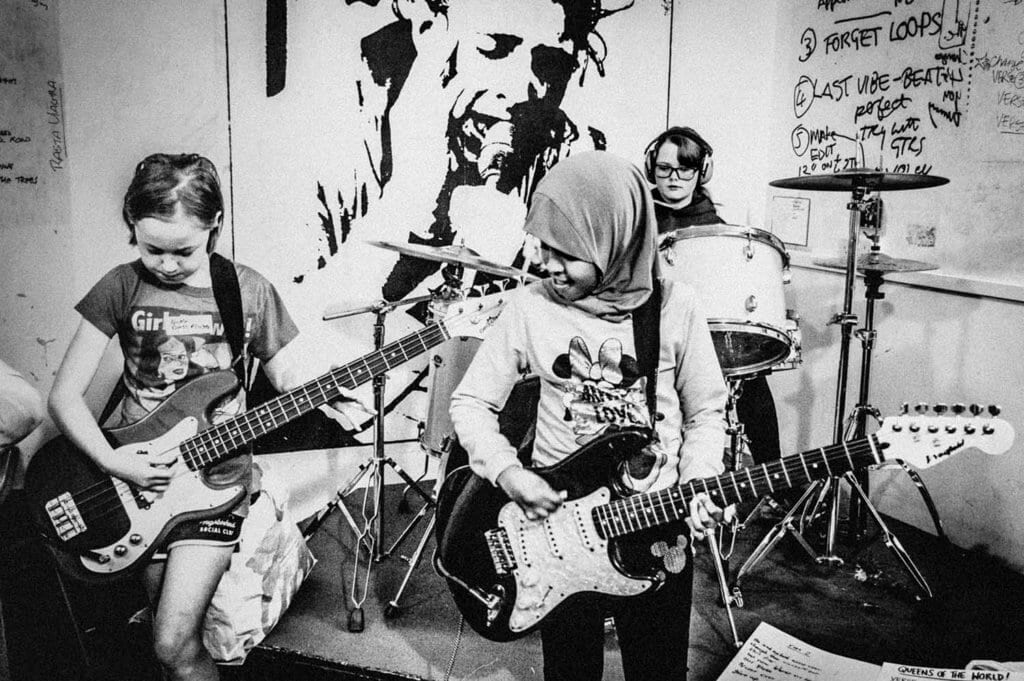
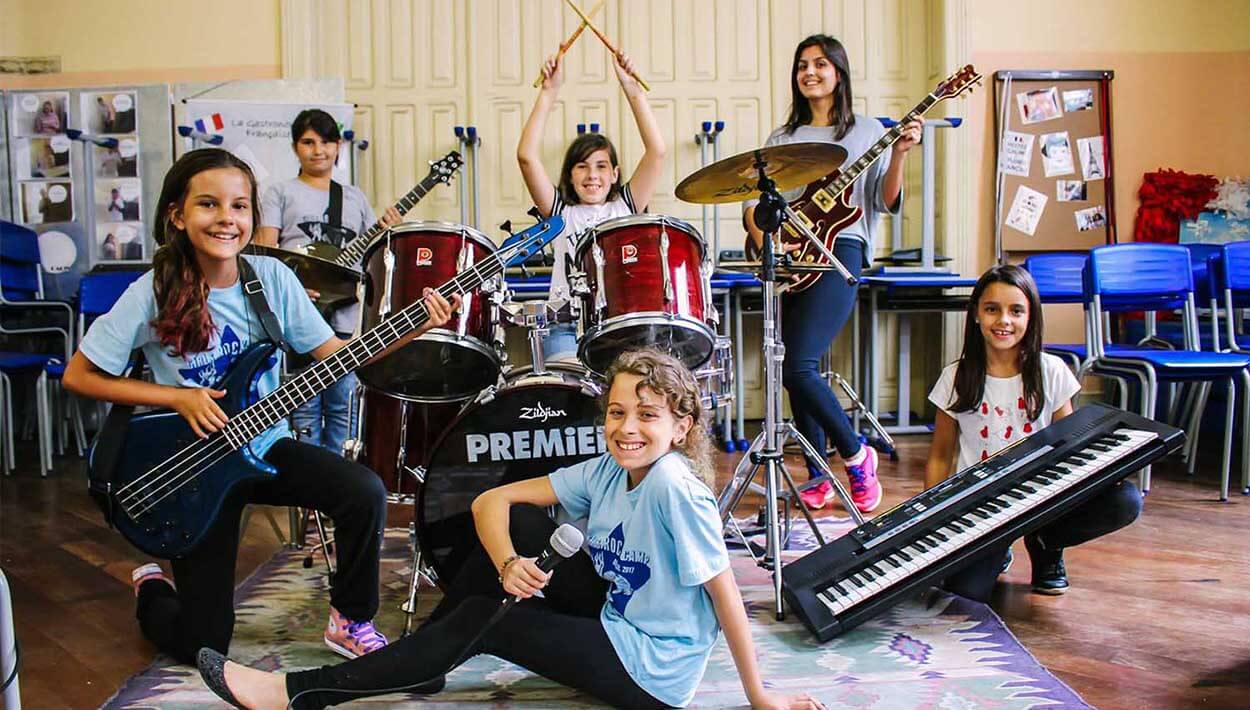

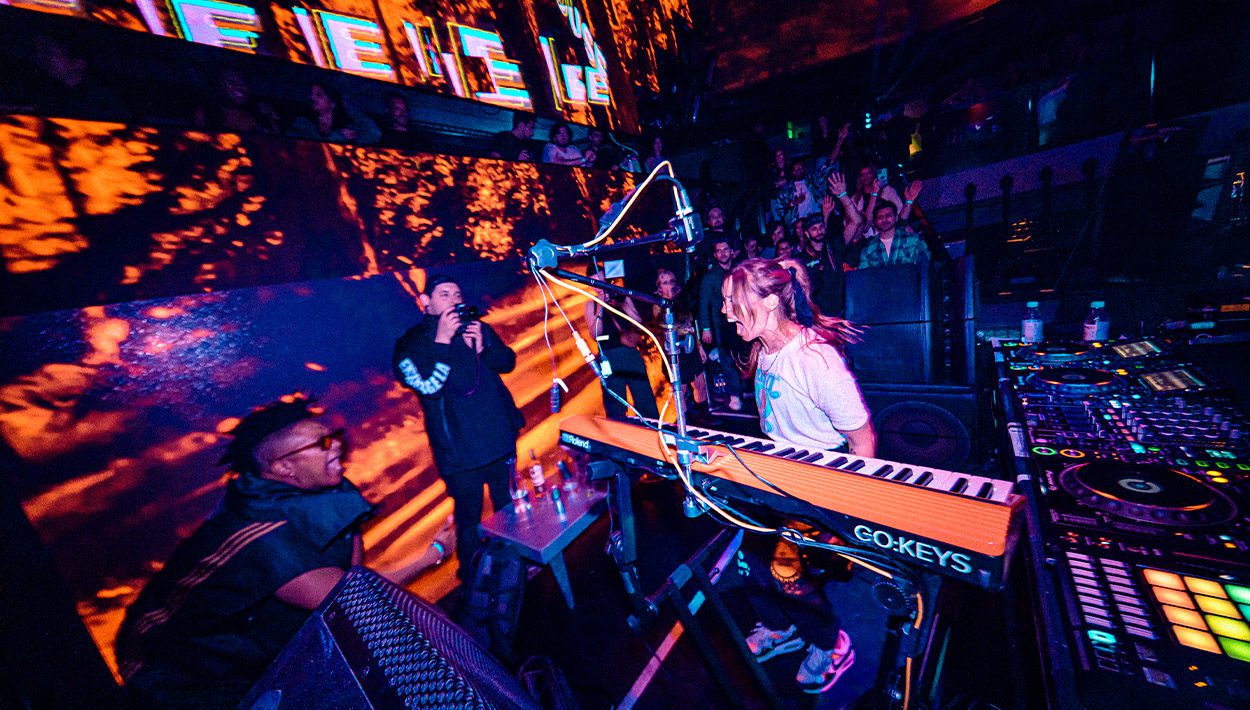
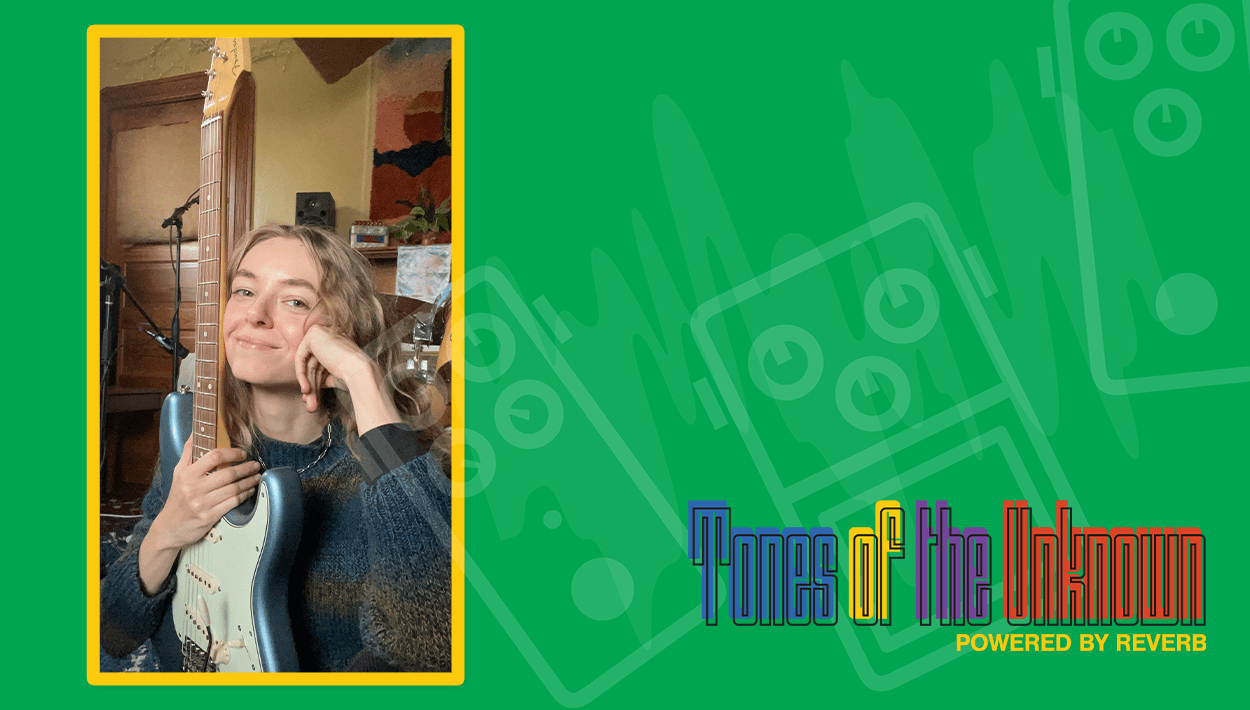
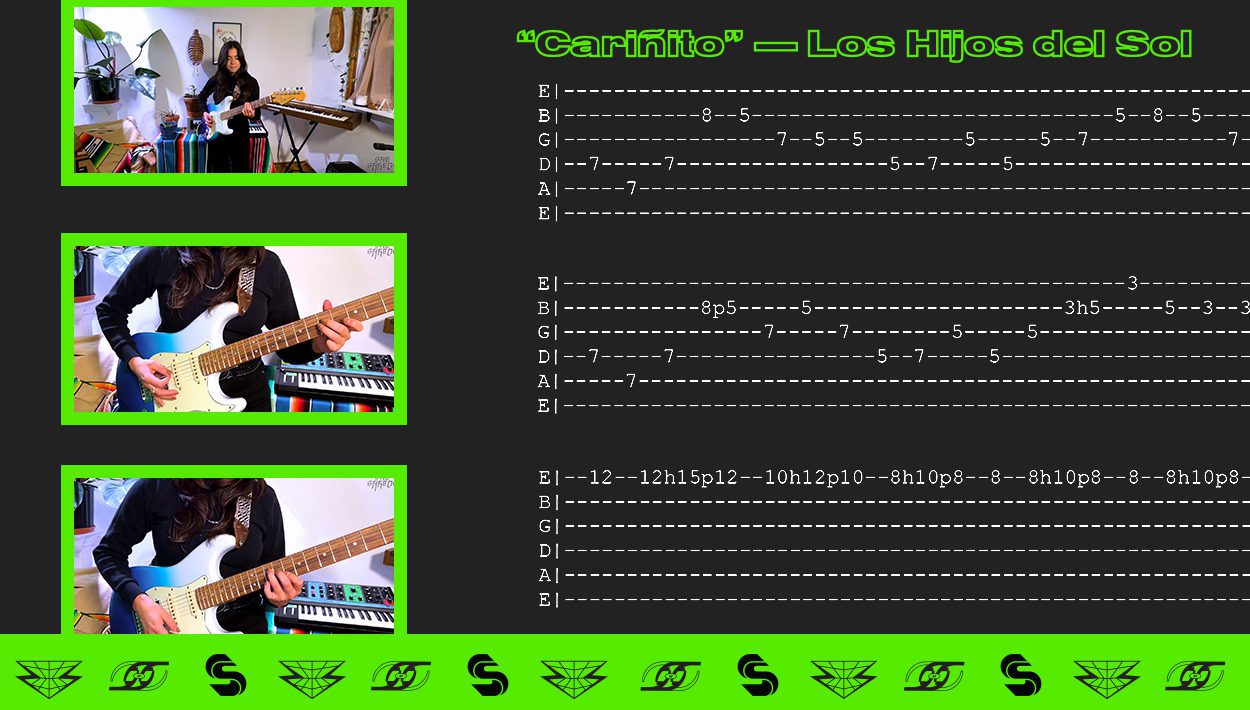



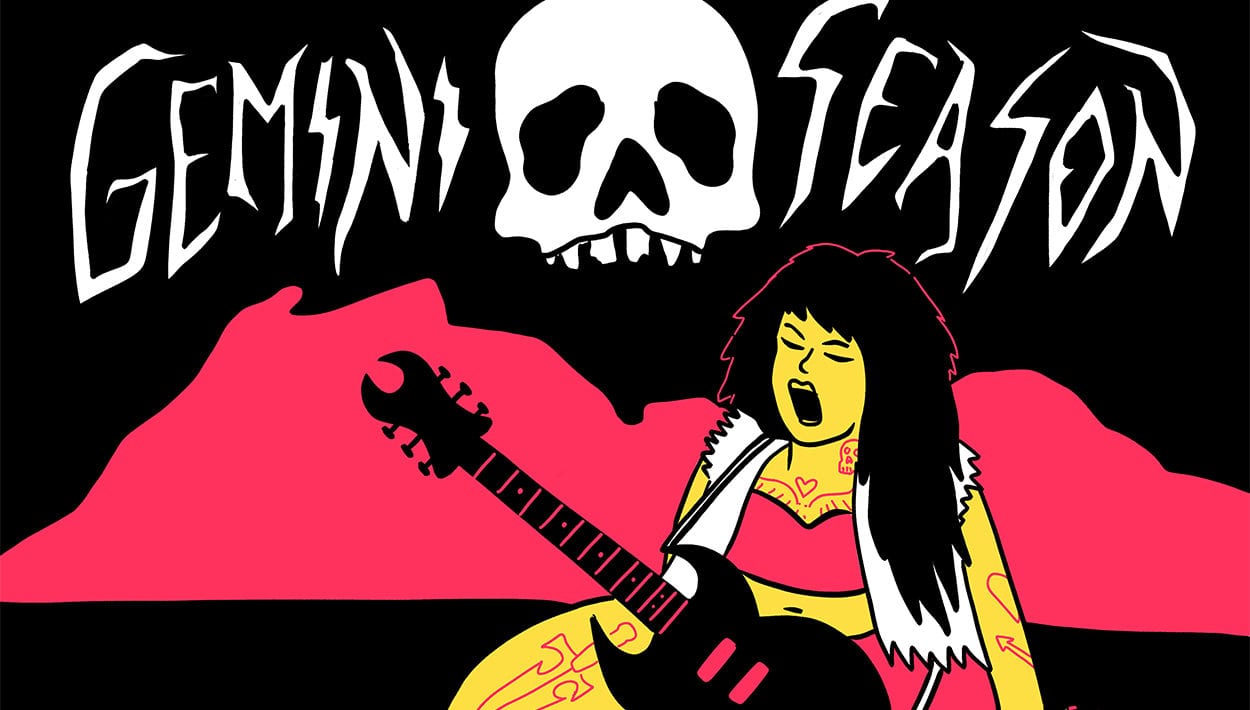
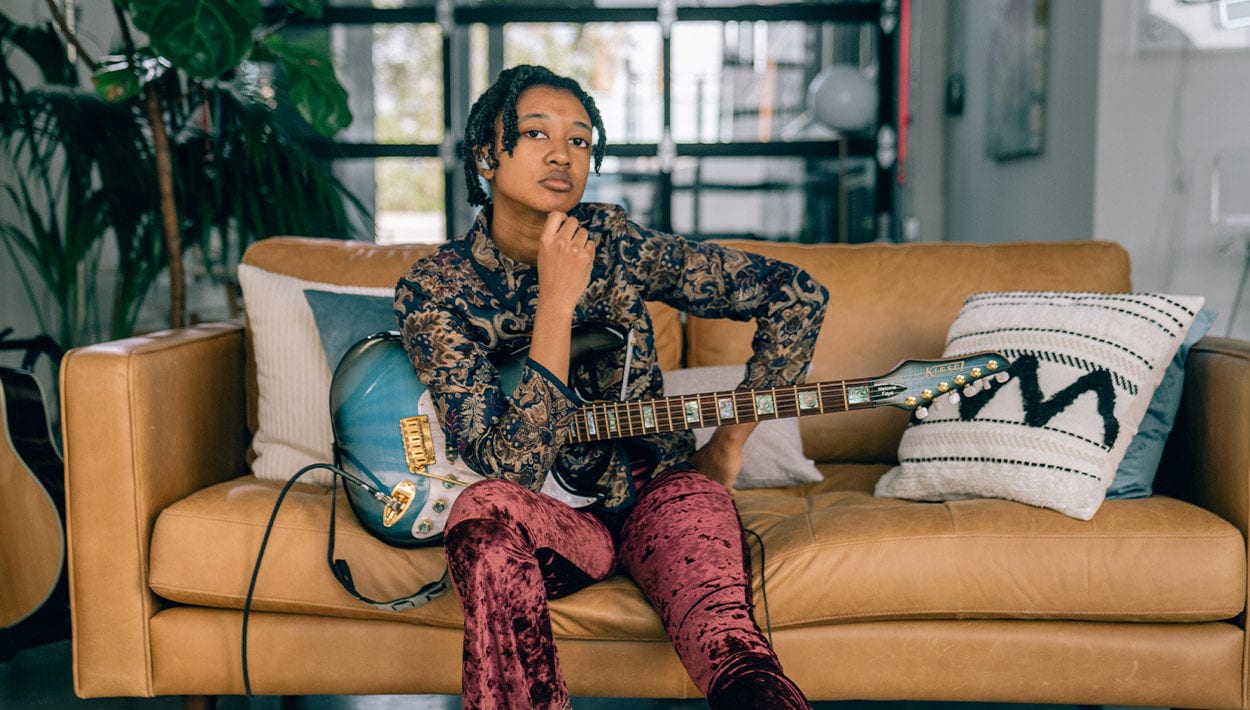
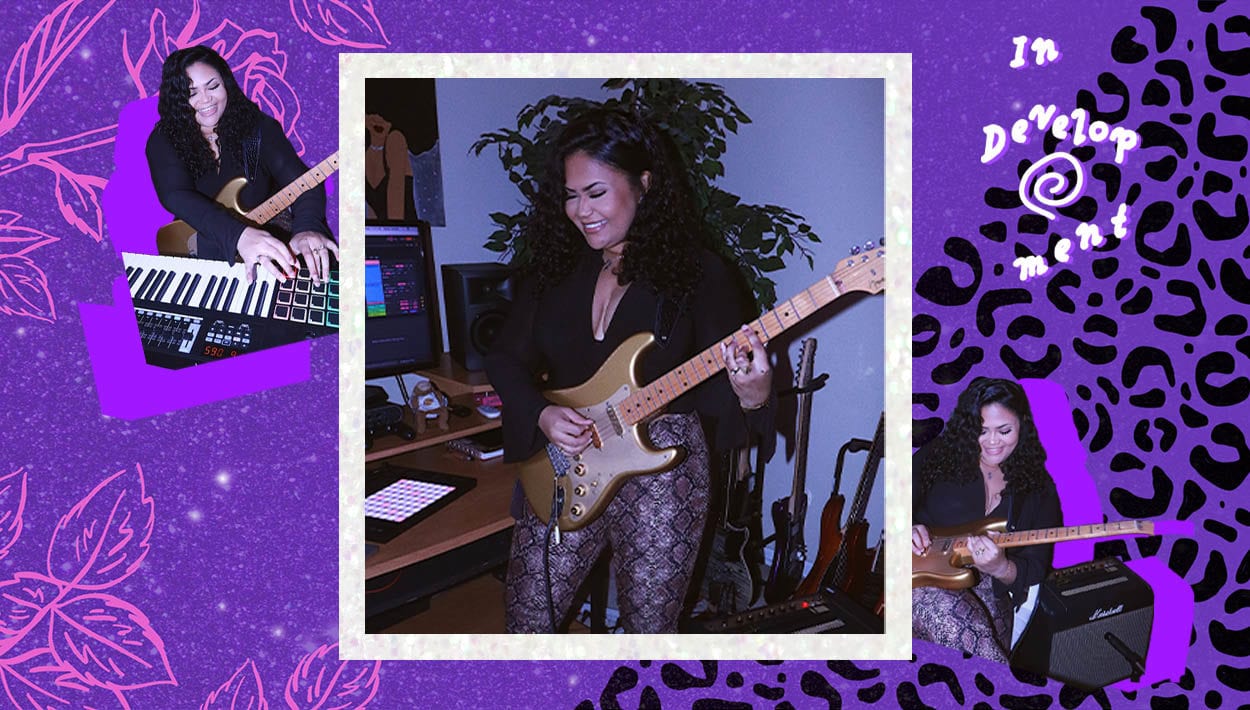
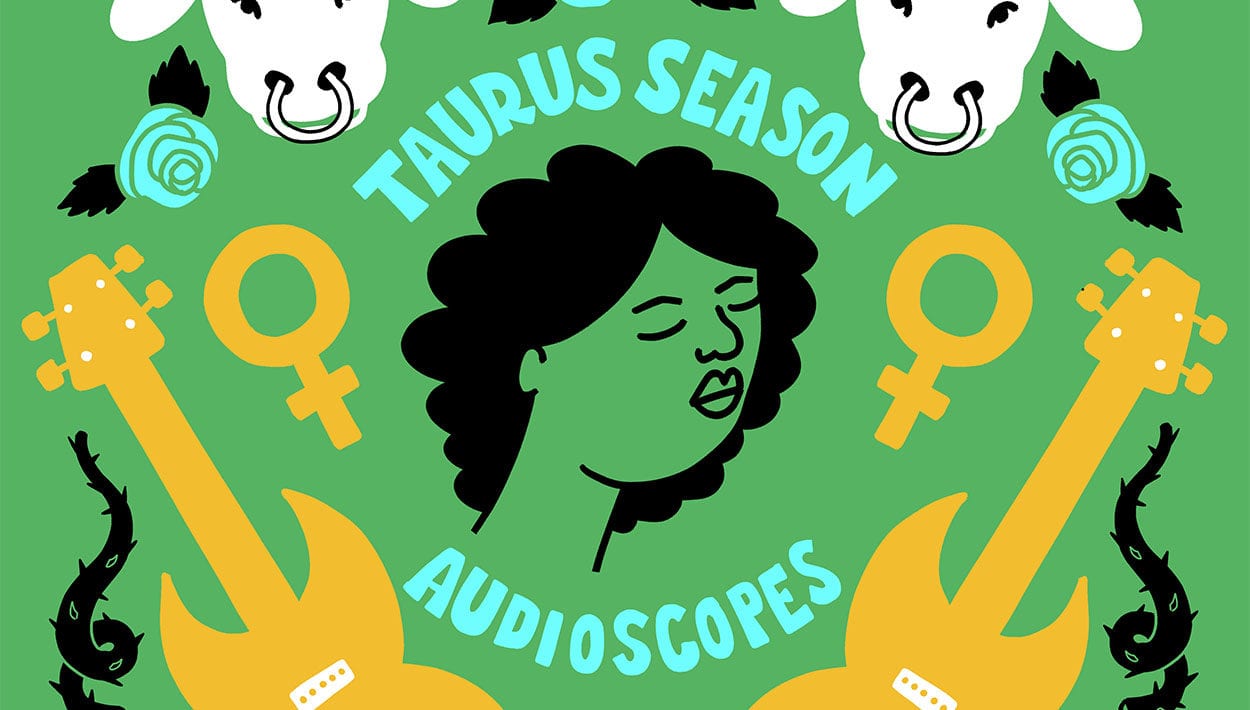


Comments
Hi, this is very cool, I myself regularly engage in similar groups, events, organizations, and charitable activities. Bringing up a new generation of activists is a very important challenge and the themes of music education, empowerment and activism are always relevant and popular. I recently at https://studydriver.com/cultural-identity-essay/ read a cool selection of materials about cultural identity, it’s really interesting, because there is an opportunity to learn in a few minutes a lot of interesting things about these aspects in such areas as education, religion, the situation in the regions and problematic issues.
Comment by Kai Trower on January 22, 2021 at 2:08 amIt’s a great quality when it comes to https://topforeignbrides.com/ marriage. They choose a nice gentleman to settle down and they are being supportive. They know exactly how to take care of their loved ones and how to make them happy. These women are supportive even when not everything is fine. If you are having troubles, your wife will be with you to help. Such a great personality trait makes them so wonderful when dating and marrying.
Comment by enney Beverly on June 15, 2021 at 12:55 pmWhen you meet women overseas, you instantly find that they are proud to be female and like the idea of treating a man like a man. This is what guys mail ordered wife want, and they want to feel like a man, like the king of the house. This appeals to many guys, so it is another reason why so many Western men turn to wives abroad. When you start chatting with foreign brides, you can find out how intelligent they are and how much they would love to be with an American man.
Comment by enney Beverly on June 15, 2021 at 12:56 pmWhen you meet women overseas, you instantly https://foreignbridesguru.com/ find that they are proud to be female and like the idea of treating a man like a man. This is what guys want, and they want to feel like a man, like the king of the house. This appeals to many guys, so it is another reason why so many Western men turn to wives abroad. When you start chatting with foreign brides, you can find out how intelligent they are and how much they would love to be with an American man.
Comment by hostinark hostinark on June 15, 2021 at 12:56 pmLoad as well as lots of applauses and appreciations, you actually deserve for all your help that you just keep doing to others with the very knowledge that you have in you. Thanksgivings for such wonderful sharing of knowledge done by you every time. Moreover, students can choose to seek sources for to do my homework for me online. Among the top-rated services, Instant Assignment Help has a team of qualified writers from various countries who are adept in the subject. They offer the best business homework help and prices, ensuring that your papers are written correctly. When it comes to business assignment help, an online business service will make your life easier. You won’t have to worry about the quality of your essays. The company will deliver your assignment on time, and they will even send it to you by email.
Comment by Lillie on March 18, 2022 at 1:10 am